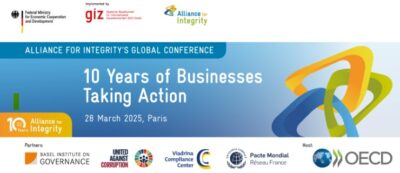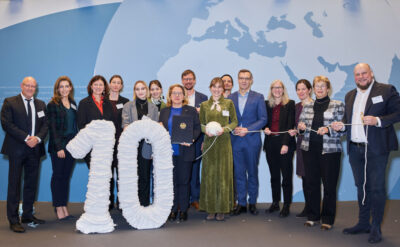The extraction of raw materials and the manufacture of products for energy production are associated with major human rights and environmental risks, especially in developing countries. This includes, for example, inhumane working conditions, negative environmental impacts or damage to the health of people involved in these processes. In view of such human rights violations along the supply and value chains, the requirements for due diligence on companies in the German energy industry have increased significantly.
The newly established Branchendialog Energiewirtschaft therefore promotes cooperation between companies, associations, trade unions, civil society organisations, the Deutsches Institut für Menschenrechte and the Federal Ministry of Labour and Social Affairs (BMAS) as well as other ministries in order to pool competences and resources to jointly identify human rights and environmental risks. The aim of the industry dialogue is to improve the human rights situation and the environmental situation along the value chain of energy production.
Moritz Blanke, officer at the BMAS, emphasizes that the energy industry played a key role in a more sustainable society. Ecological transformation, social justice and human rights had to be considered together. That is what the energy industry dialogue and the collaboration of the different groups of actors were all about. Lothar Rieth, Head of Sustainability at EnBW AG adds that when implementing preventive and remedial measures, cooperation with a large number of companies from the entire industry as well as civil society organisations, trade unions, institutes and state actors can make a decisive difference.
The Branchendialog Energiewirtschaft is the second industry dialogue, together with the automotive industry dialogue, that the BMAS is conducting as part of the implementation of the Nationaler Aktionsplans Wirtschaft und Menschenrechte (NAP).



